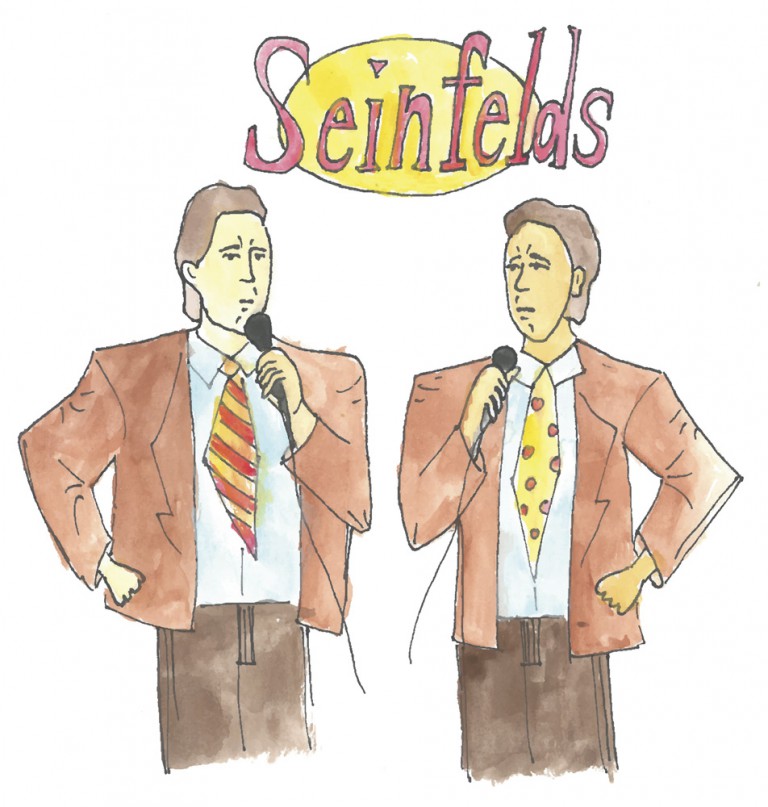
Miguel Rodriguez
Staff Writer
Oh, media, you and your ability to bring things that would have gone unnoticed to the attention of thousands. Twitter, one of the social media giants of the Internet, was recently the host to a four-way cat fight involving Wendy Liebman, Tammy Pescatelli and Kathleen Madigan, all accusing their fellow comedian Amy Schumer of stealing their jokes.
Since the start of the Twitter conversation (which is now deleted from the website, but still lives on in the posts made by quick-fingered screenshotters), Schumer has come under fire for stealing jokes from multiple comedians, including John Mulaney and the late Patrice O’Neal.
Before launching into the ethics of joke-stealing, imagine your middle and high school days. You’re with your friends or just in a large group socializing and you mumble a joke that falls upon only the closest of ears. The people nearby you laugh because they hear it, and one of them repeats it louder so that the whole congregation can hear. Everyone laughs at your joke, your wit, your quick thinking, but your friend gets all the credit and middle-school fame. More than likely, you didn’t appreciate it when he/she bathed in the glory that should be yours, without a second thought to crediting you for the humor.
The analogy is pretty straightforward.
The original accusers, Madigan, Pescatelli and Liebman, were more than likely offended by the similarity of Schumer’s “original” jokes. Some third parties have created video compilations comparing Schumer’s jokes to earlier videos of comedians having delivered the same joke. You can look up and watch the videos yourself, and it becomes very clear that most of the stolen jokes are more similar than should be excusable. The stolen lines are reworded but only very slightly.
The way that the world works is often by copying and improving. Someone sees an interesting design, like the Wright brothers’ plane, and improves upon it, creating better models such as the rotor jets of WW2 and our modern day fighter jets. Apple has openly stated that they copy good designs from other companies but then improve upon them and make them better.
Is this ethical? By strict legal copyright standards, no. Copyright prevents anyone from stealing anything from others (for a certain amount of time). This includes jokes. Jokes, like books, are considered an original literary work and, so long as there is some form of dated record like a video or a notebook of the jokes, belong to the creator, and if someone were to take what makes the joke unique (such as the buildup or punchline) and use it somewhere, they would be infringing on copyrights.
In the end, if the original accusers hadn’t called off their attacks (a fairly suspicious move, given the suddenness of their action) and opted to go to court, Schumer could be held liable for infringing copyrights. It’s perfectly okay to repeat what you watched on Comedy Central last night to your friends, but once you start using that for money, legal issues do arise.
Moral of the story: don’t steal anything.










